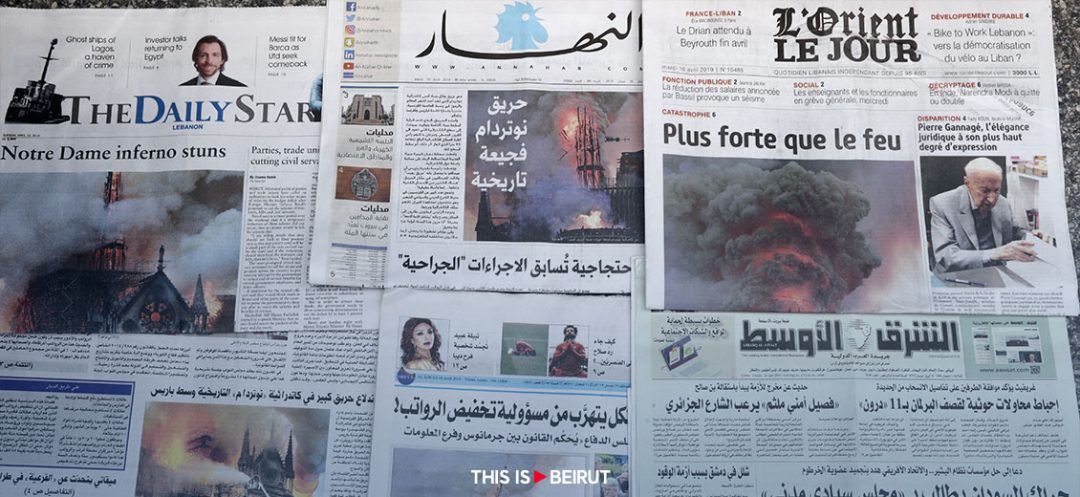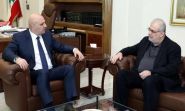
The annual commemoration of the Lebanese Press Martyrs' Day, on May 6th, serves as a solemn tribute to our fallen colleagues who courageously defended the principles of freedom of expression and the duty to inform. Beyond its symbolic significance, this occasion presents a chance to engage the public and media circles in a meaningful dialogue about the multifaceted functions and roles of journalists.
People often forget that journalism is a profession that cannot be approached with a bureaucratic mindset, viewing the professional who embraces this calling – because it truly is one – as a mere employee confined to strict office hours. Some might argue that such a principle is crucial only for those in the field, but it does not concern the general public. However, if this reflection deserves to be highlighted to the average citizen, it is because of its undeniable impact on various aspects of daily life, politics, good governance, and democratic practices as a whole.
In simpler terms, our situation isn't just about reporting events as they happen, often in a distorted and superficial manner. The journalists who became martyrs did so because they refused to limit themselves to this reductive aspect of their profession. For them – and many others – their mission held a deeper significance. It consisted (and still consists) in providing in-depth explanations of current events, of course, but above all in defending just and noble causes, in reporting on the excesses of an occupier or aggressor (as has been the case in recent months in South Lebanon), in stigmatizing any repressive behavior on the part of a militia or a ruling power, and in speaking out against anything that undermines the dignity of the individual or public and individual freedoms.
The purpose of this May 6th commemoration is to annually honor the journalists who sacrificed their lives in unwavering dedication to this specific aspect of their profession. It's crucial to note that their sacrifice directly impacts every citizen enduring the very injustices and challenges that have been vehemently highlighted over the years by these martyrs of the press.There would also be, in a certain sense and by extension, a lesson in civic duty to be drawn from this particular day of May 6th... A life lesson, if you will. Put simply, it would be highly beneficial for journalists, like any citizen, to cultivate a profound sense of critical thinking. This enables them, on a national scale, to oppose any form of occupation, guardianship, or autocratic behavior, and on a personal level, to challenge deceit, blind opportunism, arrogance, disrespectful attitudes, and any behavior that intentionally undermines the proven skills, experience, and knowledge of others for selfish gain.
On this May 6th, we will honor the martyrdom of those who paid with their lives for their determination to denounce everything and everyone that undermines the dignity, well-being, and fulfillment of the individual. We do so by reaffirming our commitment to this fundamental critical spirit and multifaceted engagement - alongside necessary intellectual honesty.
Read more




Comments